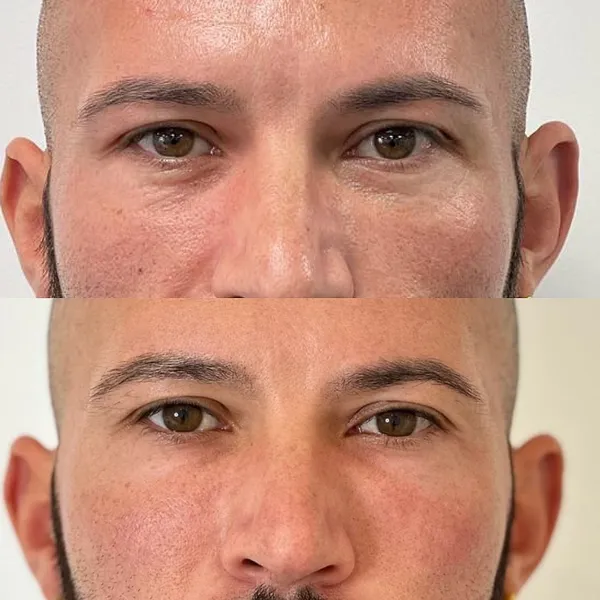Introduction: Aesthetic medicine has witnessed remarkable advancements in recent years, revolutionizing the way we approach beauty and rejuvenation. One such groundbreaking development is the use of polynucleotides and products like Plinest in aesthetic procedures. This blog post will delve into the world of polynucleotides, their role in tissue regeneration, and how Plinest is transforming the field of aesthetic medicine.
Understanding Polynucleotides: Polynucleotides, often referred to as PNs, are biomolecules that form the building blocks of nucleic acids such as DNA and RNA. These molecules are composed of long chains of nucleotides that contain genetic information and play crucial roles in cellular processes. In recent years, researchers have discovered that polynucleotides possess unique regenerative properties when applied to the skin.
Role in Tissue Regeneration: When introduced into the skin, polynucleotides stimulate a cascade of biological responses that contribute to tissue regeneration. They promote cellular proliferation, collagen synthesis, and angiogenesis, leading to improved skin texture, elasticity, and overall rejuvenation. By harnessing the natural healing abilities of the body, they offer a non-invasive approach to combatting signs of aging and enhancing skin health.
Introducing Plinest: Plinest is a groundbreaking product that utilizes the regenerative potential of polynucleotides. Developed by experts in the field of aesthetic medicine, Plinest offers a range of innovative solutions for various aesthetic concerns. Plinest is available in different formulations, including gels and threads, allowing for tailored treatments based on individual needs.
Plinest Gel: Plinest Gel is a bio-revitalizing dermal filler that combines highly-purified polynucleotides with hyaluronic acid. Hyaluronic acid acts as a moisture-retaining agent, providing hydration and plumpness to the skin. When combined with polynucleotides, it enhances the regenerative effects, promoting cellular repair and collagen production. Plinest Gel is commonly used to address fine lines, wrinkles, and volume loss, resulting in a more youthful and refreshed appearance.
Plinest Threads: Plinest Threads are absorbable threads infused with polynucleotides. These threads are inserted into the skin to create a lifting and tightening effect, improving sagging and laxity. The presence of polynucleotides stimulates collagen synthesis and supports tissue regeneration over time, further enhancing the results. Plinest Threads offer a minimally invasive alternative to surgical facelifts, providing natural-looking results with a shorter recovery period.
Benefits and Considerations: The use of polynucleotides and Plinest in aesthetic procedures offers several advantages. These include natural tissue regeneration, long-lasting results, minimal downtime, and customizable treatments. However, it is important to note that individual results may vary, and it is crucial to consult with a qualified aesthetic professional to determine the most suitable approach for each patient.
Conclusion: Polynucleotides and products like Plinest have ushered in a new era of aesthetic medicine, providing effective and innovative solutions for individuals seeking skin rejuvenation and enhancement. With their regenerative properties and ability to stimulate tissue repair, polynucleotides offer a promising avenue for non-invasive aesthetic treatments. As the field continues to evolve, polynucleotide-based products like Plinest are poised to play a significant role in reshaping the landscape of aesthetic medicine, empowering individuals to look and feel their best.

Dr. Owen Thomas has been a medical doctor for more than 20 years since qualifying from Cardiff in 1999, now specialising in aesthetics in London and Swansea. After a 2 year level-7 Master’s Degree course in injectable aesthetic treatments training at Harley Academy, and additional study with Empire Medical Training in the US and other experts renowned in their field, he won a scholarship in the prestigious Aesthetic Intelligence Fellowship run over 7 months in Kensington, London and Paris.










